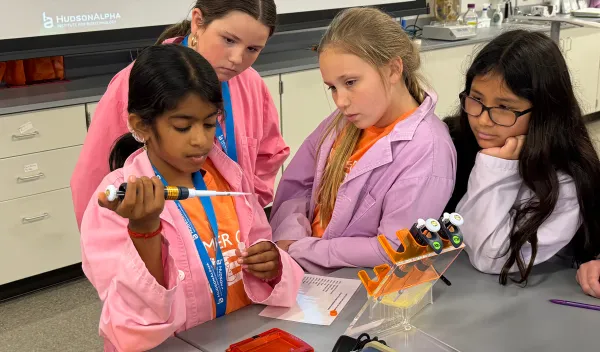
NSF partners with the U.S. Department of Education to improve outcomes in elementary science education
The U.S. National Science Foundation is providing half of $15 million in funding to establish the new Center for Advancing Elementary Science through Assessment, Research, and Technology (CAESART) to address the nationwide availability of high-quality science instruction and assessment for elementary school students. The U.S. Department of Education's Institute of Education Sciences (IES) provides the remaining funding.
"By partnering with IES to support CAESART, the NSF Directorate for STEM Education is able to not only leverage its human and financial resources but also expand its investments in critical research and assessment methods that will transform early science education at its foundation for our youngest learners," said NSF Assistant Director for STEM Education James L. Moore III. "It will allow researchers, in collaboration with science educators and students, to develop innovative curricula, tools and approaches that will improve science instruction while ensuring that students across the nation have access to high-quality learning experiences. We are looking forward to seeing the immediate and long-term impact the center will have in early science education across the nation and beyond."
CAESART will connect networks of science researchers, leaders and practitioners at state, district and school levels to engage in research and assessment of curricular interventions.
"This new partnership with NSF goes beyond building much-needed evidence about science assessment and learning," said IES acting director Matthew Soldner. "It reflects our shared commitment to improving student achievement in STEM, leveraging NSF's unique role in supporting the development of high-quality programs and products and IES's expertise in identifying what works, for whom, and under what conditions."
